Skin is your barrier against the outside world. It protects your organs and immune system from bacteria and disease; it keeps you warm, cools you down, and helps protect you from harmful UV rays. Yet as robust as it sounds, everyday environmental factors can take their toll on skin – causing it to age, dry and crack prematurely.
Here are just a few ways to counter the assaults of everyday living.
Be Sunsmart
The sun may be marvellous and alluring but it’s also especially dangerous. It’s believed that over 80% of all damage done to the skin is due to the sun. A suntan is your body’s first sign of skin damage, resulting from your skin’s attempt to protect itself from UV rays by increasing its melanin production. Overexposure to the sun and other sources of UV radiation (such as solariums and tanning salons) can cause premature aging and wrinkling as well as freckles, brown spots and moles. Skin cancer is obviously the greatest risk, killing around 300 New Zealanders every year.
Practising sensible SunSmart behaviour can mean you enjoy the sun while saving your skin. Remember to…
Slip into some shade especially if you’re outside between 11am and 4pm when the sun is strongest. Wear protective clothing, eg. shirts with collars and/or longer sleeves or clothing with a UV protection rating.
Slop on a broad-spectrum sunscreen with an SPF of at least 30.
Slap on a hat with a broad brim or a cap with flaps. This will help protect the face and neck – the parts of the body that get burnt the most.
Wrap on a pair of close-fitting, wrap-around sunglasses.
Wash with Care
Believe it or not, one of the most persistent threats to your skin is the daily shower (or bath) – a common cause of skin dehydration. Washing with hot water and soap removes the natural oils from the skin’s surface, making it easier for water in the skin to escape. Skin is made up of a delicate balance of water, lipids (oils), proteins, sugar compounds and other elements. If too much water or oil from the outer layer is lost, skin can become dry and scaly. If you have a tendency toward dry skin, you should reduce contact with soap and water and apply a moisturiser or emollient after washing, to help stop moisture loss.
The New Zealand Dermatological Society recommends keeping showers brief and the temperature lukewarm, not hot. The Society suggests minimising the use of soap and relegating it to where it’s needed most – not all over the body.
To make this daily ritual gentler, you could use a moisturising soap or soap substitute – there are plenty of choices.
What’s more, be sure to pat skin dry with a towel rather than rub, as this can further dry out the skin.
Moisturise your Skin
If you are prone to dry skin, increasing skin’s moisture-retention capacity will help keep it plump and healthy. Moisturising treatments and emollients should therefore deliver moisture to the skin as well as enough oil to seal that moisture in. Moisturisers and emollients are made up of humectants or occlusives or both. Humectants, such as glycerine and urea, add water to the skin’s outer layer. Occlusives provide a layer of oil over the skin to lock in moisture and reduce water loss.
Whether to use a bath oil, lotion, cream or ointment will depend on how dry your skin is and which parts of the body you want to concentrate on.
According to DermNet NZ…
- Lotions are used for the scalp and other hairy areas, and for mild dryness on the face, trunk and limbs.
- Creams are used when more softening is required on those latter areas.
- Ointments are prescribed for drier, thicker, more scaly areas.
Different skin types have different needs so before undertaking any skincare regime, ask a pharmacist or skincare expert about your skin type and any specific concerns.
For Oily Skin
Should you moisturise oily skin? The Dermatological Society recommend you don’t – just wash oily skin with a soap substitute and use a sunblock.
Myth-Busting!
Does drinking a lot of water improve your skin? Water has many benefits to the body however there’s no evidence that drinking more improves skin, unless you’re grossly dehydrated.
Don’t Smoke
Apart from all the internal damage caused by smoking, the effects are also seen on the skin. Long-term smokers are more likely to develop deeply wrinkled, leathery skin than non-smokers. According to skin experts at the Mayo Clinic, smoking causes blood vessels in the skin to narrow, which impairs blood flow to the skin and subsequently depletes it of oxygen and other nutrients, such as vitamin A. Smoking also attacks collagen and elastin in skin, both responsible for keeping skin strong and supple, thereby causing it to sag and wrinkle before its time.The solution? Stop smoking!






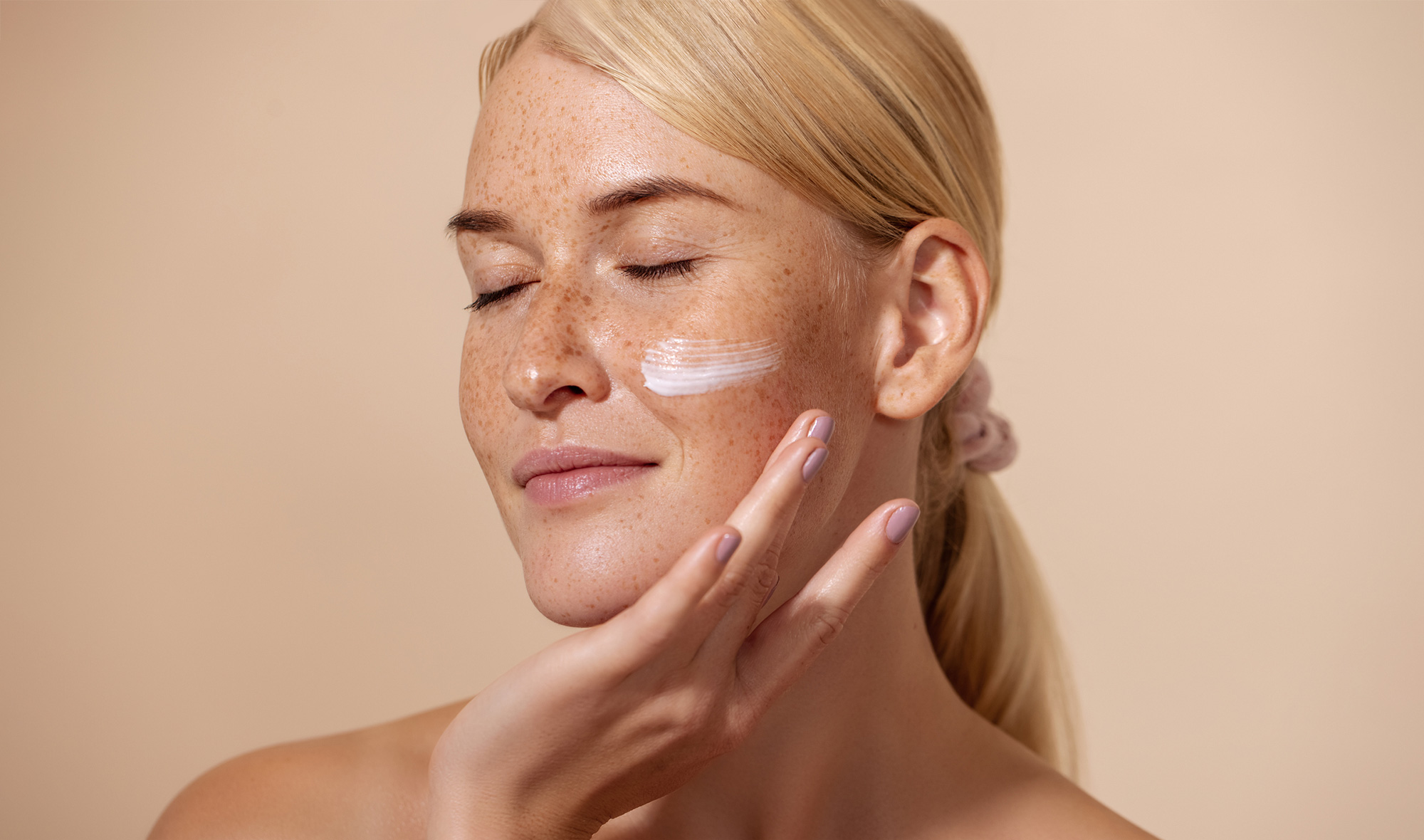
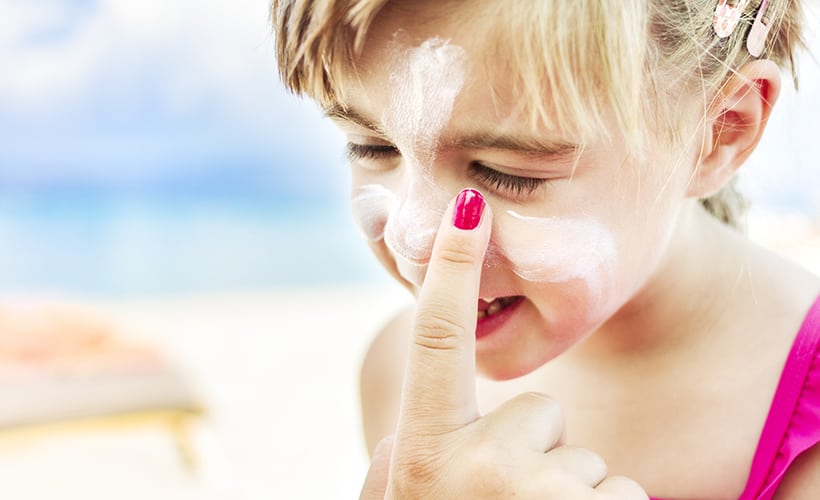
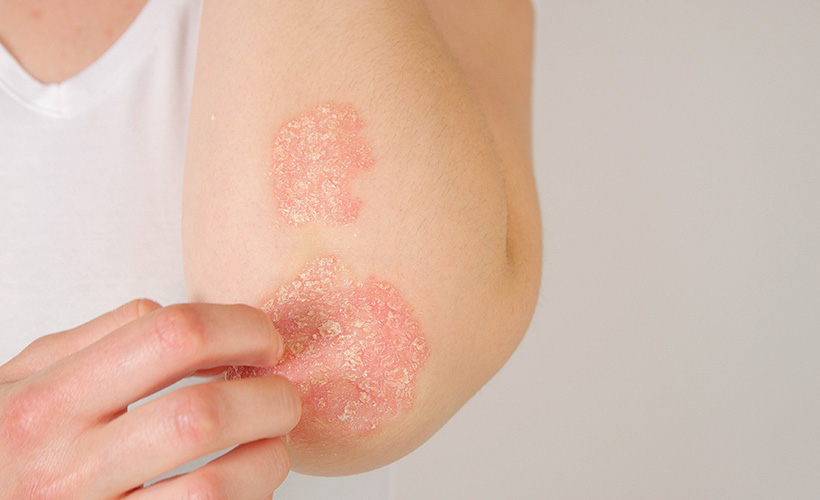
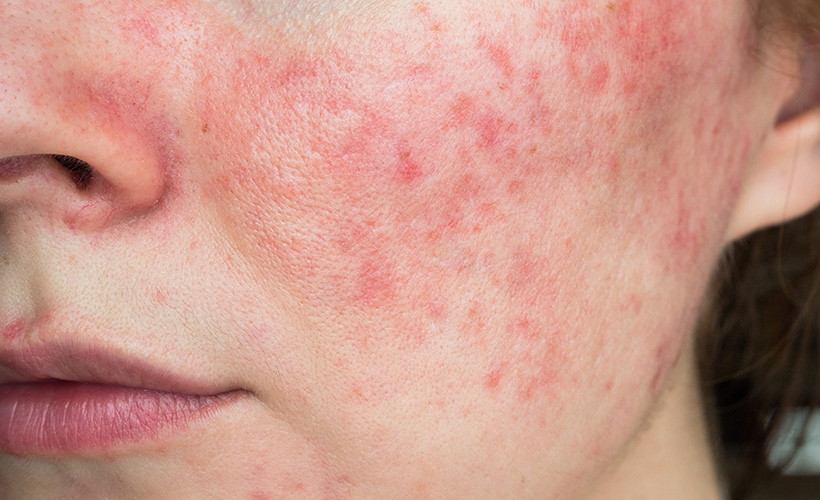
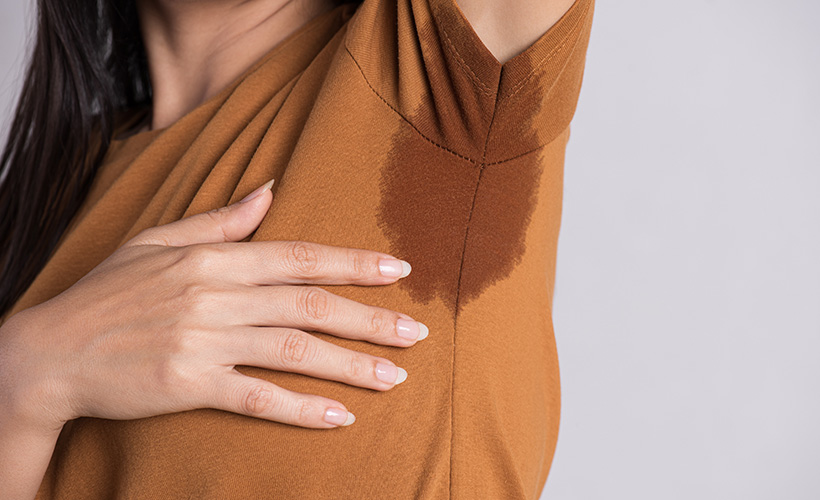


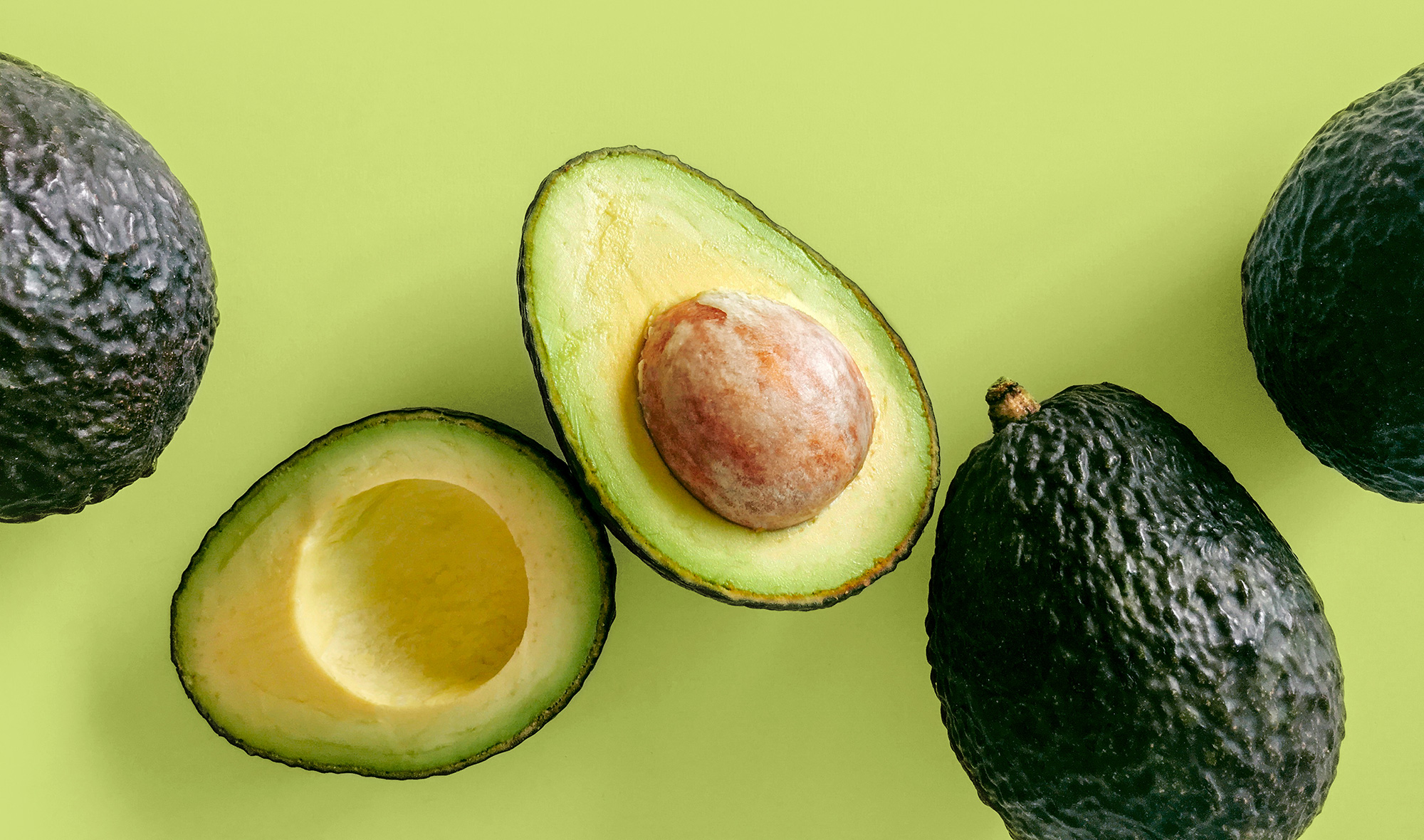
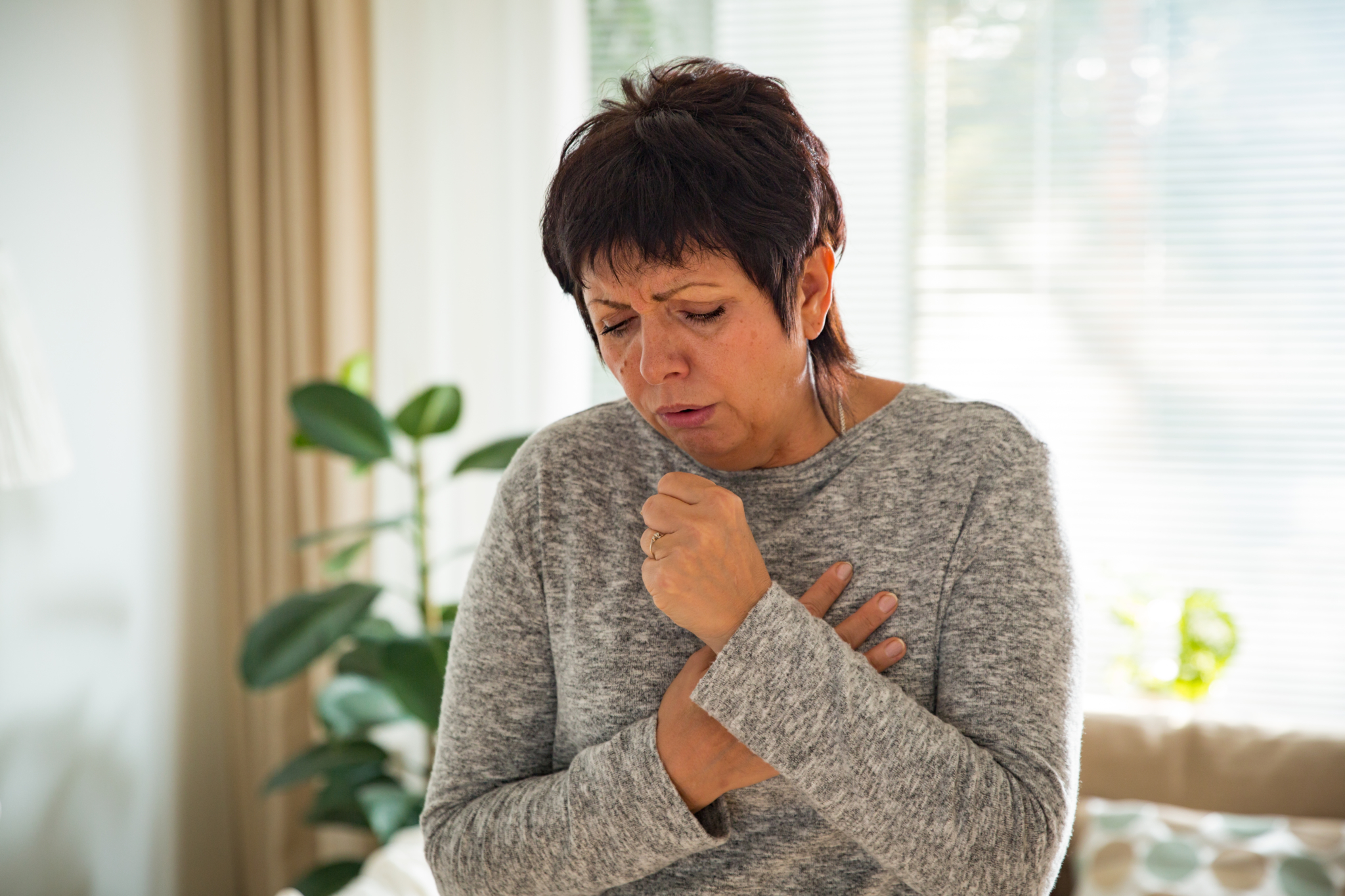
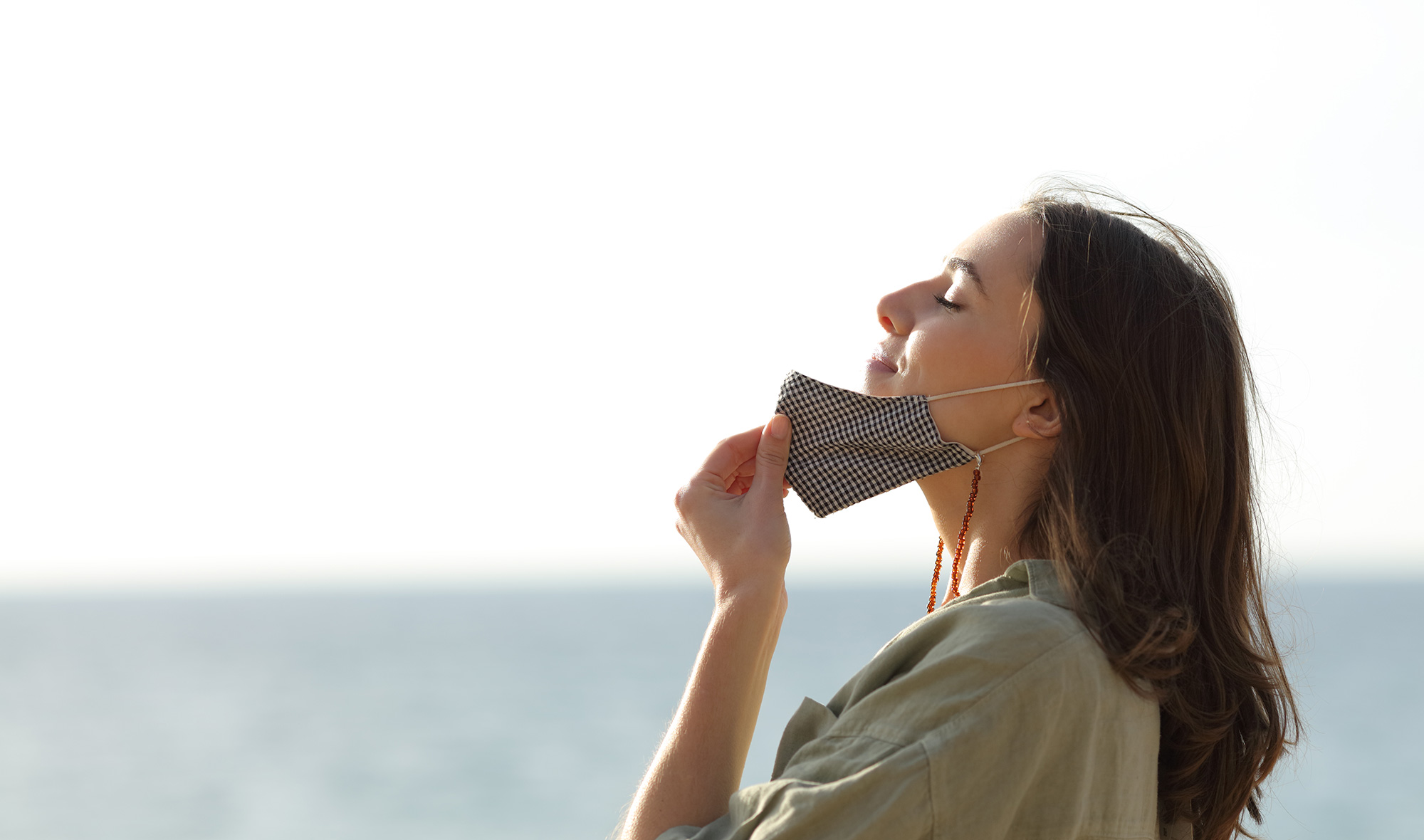

Community